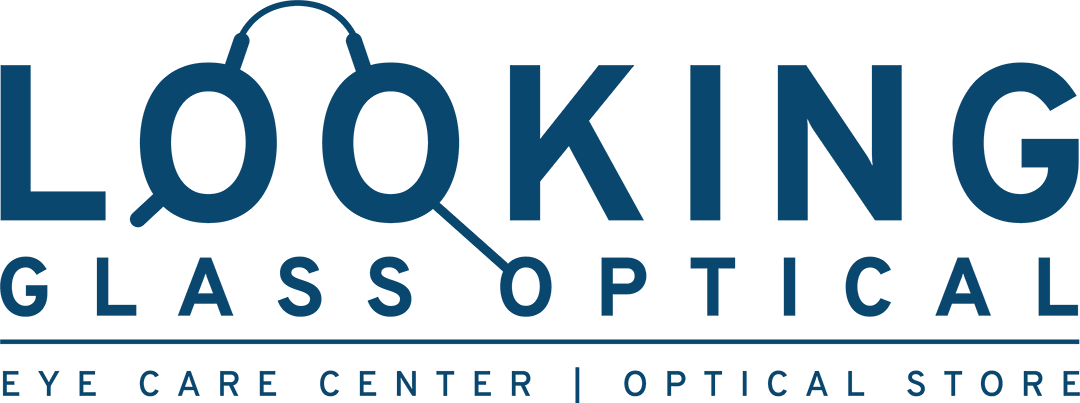Hereditary Eye Conditions: Genetic Testing and Family Eye Health
Our eyes, often referred to as the windows to the soul, also offer a glimpse into our genetic legacy. Within their depths lies a mirror reflecting our unique genetic makeup. In the realm of eye health, hereditary eye conditions resulting from genetic mutations wield substantial influence over one’s vision. It also, consequently, can affect their overall quality of life. We will highlight the pivotal role of genetic testing and family eye health in not only detecting these conditions early but also in charting a course toward corrective measures.
Fortunately, advancements in genetic testing have enabled us to understand these conditions better. In turn, this allows us to predict their likelihood of occurrence and take proactive steps to manage and prevent them. In this blog post, we’ll delve into hereditary eye conditions, the importance of genetic testing, and strategies for maintaining family eye health.
Heredity Eye Conditions & Genetic Testing
Hereditary eye conditions are disorders passed down from generation to generation through genetic mutations. These mutations can affect various eye parts, including the cornea, lens, retina, and optic nerve. Some examples of hereditary eye disorders include retinitis pigmentosa, glaucoma, cataracts, and macular degeneration. Understanding these conditions’ genetic basis is crucial for diagnosis and treatment.
Genetic testing plays a pivotal role in identifying potential hereditary eye conditions. With advancements in DNA sequencing technologies, analyzing an individual’s genetic makeup to identify mutations associated with eye disorders is now possible. Genetic testing can provide valuable information about an individual’s risk of developing a specific condition, helping them make informed decisions about their eye health.
Benefits of Genetic Testing and General Eye Health
- Early Detection and Intervention: Genetic testing allows for early detection of mutations, enabling healthcare professionals to initiate interventions and treatments at the earliest stages of a condition. This can slow down disease progression and preserve vision.
- Personalized Treatment: Different mutations can lead to variations in the severity and progression of eye conditions. Genetic testing enables customized treatment plans tailored to an individual’s genetic profile.
- Family Planning: Individuals with a history of hereditary eye conditions can use genetic testing to assess their children’s risk of passing on the condition. This information can guide family planning decisions.
- Maintaining Family Eye Health: Know your family history. Understanding your family’s medical history, especially concerning eye conditions, can provide crucial insights into potential genetic risks.
- Regular Eye Exams: Routine eye exams are essential for the early detection of vision issues. Eye care professionals can monitor your eye health and recommend appropriate interventions.
- Lifestyle Factors: Maintaining a healthy lifestyle through a balanced diet, regular exercise, and protecting your eyes from harmful UV rays can contribute to overall eye health.
- Genetic Counseling: If you have a family history of hereditary eye conditions, consider genetic counseling. A genetic counselor can help you understand your risk, the implications for your family, and the available testing options.
Come in and Visit Looking Glass Optical
Looking Glass Optical knows that hereditary eye conditions can significantly impact an individual’s vision and well-being. Genetic testing has emerged as a powerful tool for assessing the risk of these conditions, enabling early interventions and personalized treatments. By understanding your family’s medical history, staying proactive about regular eye exams, and making healthy lifestyle choices, you can maintain your family’s eye health and preserve the gift of sight for generations to come. Please book an appointment online or call us, your eye health is essential to us.
Share
